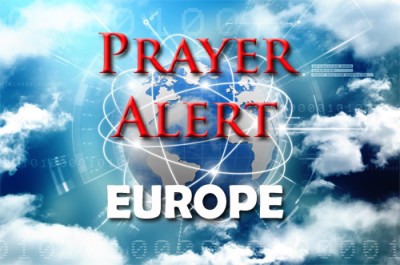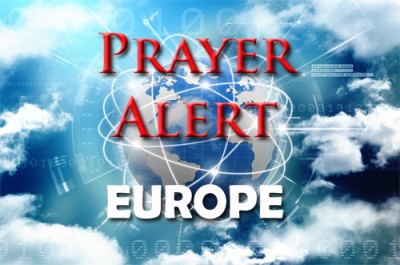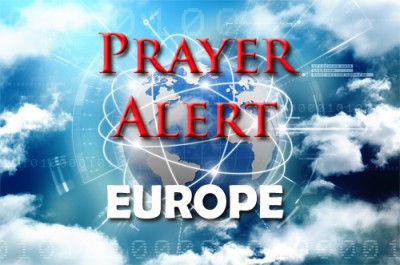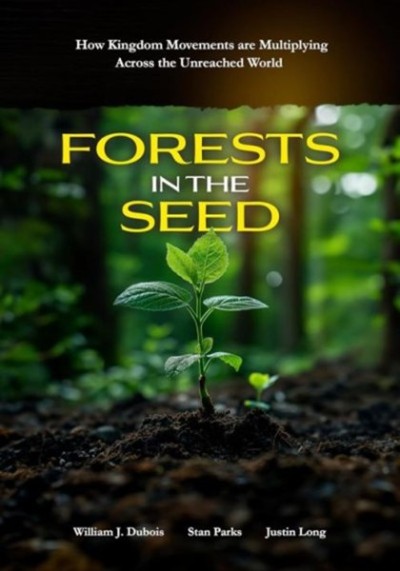Groundbreaking research has revealed that the diabetes and weight-loss drug semaglutide—sold as Ozempic and Wegovy—can significantly reduce the risk of heart attacks and strokes, even for patients who do not lose much weight. The global trial, involving over 17,000 participants across 41 countries, found that semaglutide cut major cardiovascular events by around 14–20%. Researchers discovered that shrinking waist size accounted for about one-third of the benefit, but two-thirds remained unexplained, suggesting the drug directly protects heart health rather than simply improving it through weight loss. Professor John Deanfield of University College London said the results “reframe what we think this medication is doing,” calling it a “disease-modifying therapy for ageing.” Experts describe the findings as “profound,” urging that the drug’s use not be limited to severely obese patients. However, they also cautioned that side effects must be carefully monitored as its use expands. The breakthrough could mark the most significant advance in cardiovascular medicine since statins.
Ukrainian President Volodymyr Zelenskyy joined European Union leaders in Brussels as both the EU and the US announced fresh sanctions on Russia for refusing a ceasefire. Arriving at the summit, Zelenskyy reaffirmed that Ukraine will make “no territorial concessions,” rejecting any pressure to surrender land occupied by Russian forces. EU leaders pledged continued unity with Kyiv while discussing a new proposal to use frozen Russian assets in Belgium to fund Ukraine’s defence and postwar reconstruction—though legal and political hurdles remain. The summit also addressed Europe’s wider security strategy, economic competitiveness, and climate commitments, alongside debates on migration and the Middle East. US President Donald Trump supported the tougher sanctions and acknowledged that Vladimir Putin still seeks control over all of Ukraine. Zelenskyy thanked allies for their backing, emphasising that Ukraine’s struggle is not just for national sovereignty but for the defence of freedom across Europe. EU officials said the meeting’s goal was to maintain solidarity and prevent fatigue in supporting Kyiv’s resistance.
Dublin: Three gardaí injured and 23 people arrested in second night of Citywest public disorder
24 Oct 2025Serious unrest broke out for a second consecutive night near the Citywest Hotel in Dublin, leaving three gardaí hospitalised and 23 people arrested. Around 500 people, mostly young men and teenagers, were involved in violent disturbances outside the hotel, which currently houses asylum seekers. Projectiles including bottles, bricks, and flares were thrown at officers, with one garda struck on the head. Over 300 police were deployed, supported by mounted, dog, and air units, though water cannon use was not required. The violence followed an alleged sexual assault on a 10-year-old girl earlier in the week. Justice Minister Jim O’Callaghan condemned the “thuggish violence” and promised those responsible would be “dealt with relentlessly.” Garda Commissioner Justin Kelly warned of a “robust response” to any further disorder, stressing that the gatherings were not peaceful protests. Taoiseach Micheál Martin praised officers for their bravery, describing the attacks as “vile abuse” against those protecting the community. A senior investigating officer has been appointed to lead inquiries. See
Former French president Nicolas Sarkozy has received death threats just one day after beginning his five-year prison sentence for criminal conspiracy at La Santé prison in Paris. A video circulated online appeared to show an inmate verbally threatening Sarkozy as he arrived at the facility. Prosecutors have launched an investigation, questioning three prisoners and seizing two mobile phones believed to be linked to the video. In response to security concerns, authorities have assigned two police officers as permanent bodyguards housed in nearby cells, a move that has drawn criticism from prison unions who say they were not informed. Interior minister Laurent Nunez defended the arrangement, saying Sarkozy’s protection was justified “because of his status” and “a clear threat.” Sarkozy, who led France from 2007 to 2012, was convicted of taking illegal campaign funds from Libya, a charge he continues to deny as politically motivated. His lawyers have appealed the ruling and are seeking early release before Christmas.
Zion Church, one of China’s largest and most influential house church networks, is facing a severe government crackdown under new online religious restrictions. Founded in 2007 by Pastor Jin Mingri (Ezra Jin), the 10,000-member movement operates across 40 cities. In October, coordinated raids led to over 30 arrests, with 22 believers—including many leaders—still detained in Guangxi Province. Pastor Jin and four others have been charged with “illegally using internet information” under China’s new Online Code of Conduct for Religious Professionals, which bans unregistered online ministry. Observers say this marks a new phase of persecution targeting large, cross-regional, and digitally active churches, as authorities intensify efforts to “Sinicise” Christianity. Homes and bank accounts have been seized, families and lawyers harassed, and further arrests are expected. Despite fear and grief, Chinese believers are responding with unity and steadfast prayer, calling this the “10.9 Church Persecution.” They ask the global church to intercede for protection, endurance, and revival as they stand firm under growing repression. See
Forests in the Seed: How Kingdom Movements are Multiplying Across the Unreached World
by William J. Dubois (Author), Stan Parks (Author), Justin Long (Author)
Forests in the Seed opens a window into the 21st century of God's plan to multiply His Kingdom to everyone everywhere.
Rather than a theory-based "how-to" book, this is a testimony of what is happening now as men, women, and children raised to new life in Christ are denying themselves, taking up their cross, and following Him. The stories within this book are remarkable, supernatural in nature, and yet also lay out simple principles of multiplication found in Scripture.
Perhaps most incredible is a pattern weaved together of everyday people compelled by a vision of a resurrected Christ, who are being used in extraordinary ways to spread the Gospel in nearly impossible places. There is a spiritual revolution underway, and Forests in the Seed is your invitation to join and help change the world.
Publisher: Patmos Education Group (September 29, 2024)
Patrick Chinazaekpere Dorgu, Manchester United’s young Danish defender, openly acknowledges his Christian faith as the foundation of his life and career. For Dorgu, prayer is not a ritual but a rhythm - something he has practised since childhood and continues amid the pressures of elite sport. His faith keeps him grounded in both victory and disappointment, reminding him that his purpose lies beyond football. By embracing his full Igbo name, meaning ‘God answers prayers’, he is honouring his Nigerian roots and testifying to God’s faithfulness. Dorgu’s move to Old Trafford, which he believes was divinely arranged, reflects his conviction that God’s plan governs every step. His example shows how belief can guide ambition, humility and resilience in a world where success often overshadows spirituality.
Sister Albertine, a young French nun, has become a surprising yet powerful online evangelist. Through videos, social media posts and candid personal sharing, she invites many - especially younger people - to encounter Jesus. What makes her ministry effective is her authenticity: she speaks of her own struggles, questions and faith journey, and thereby becomes relatable. Her online presence challenges the stereotype of nuns as remote or rigid; instead, she shows a warm, accessible discipleship. By combining tradition with digital outreach, she bridges generational and cultural gaps. Her approach reminds us that God can use unexpected channels to draw hearts, and that faith expressed in vulnerability can reach places formal teaching sometimes cannot.







